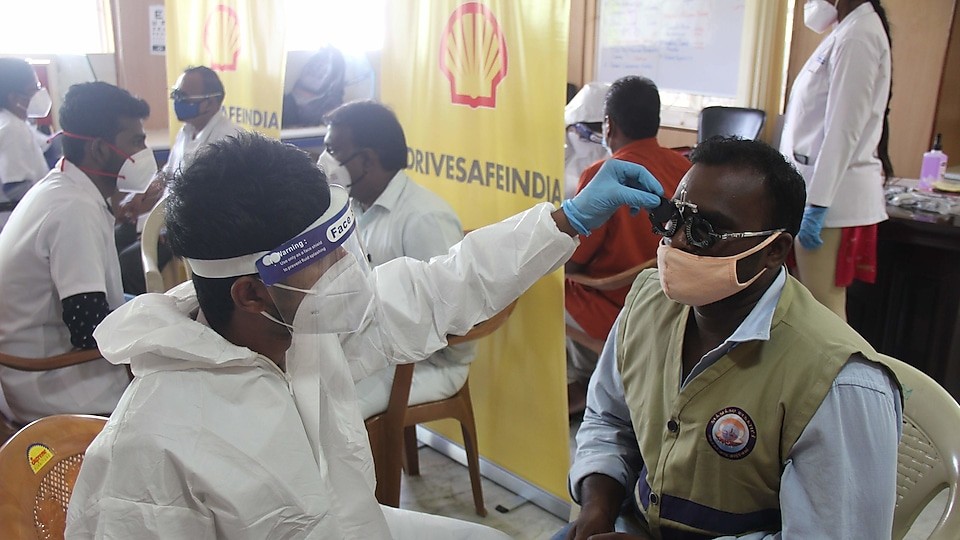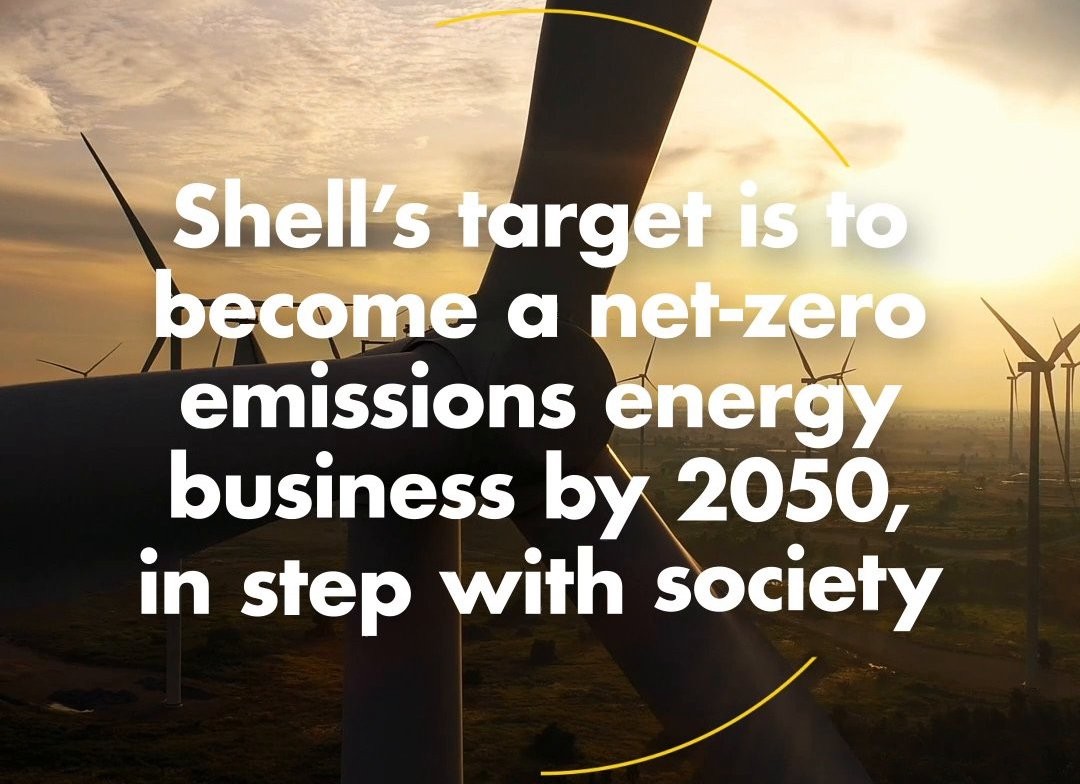Can you give us an example?
‘At Shell we sell a lot of lubricants to independent garage houses where cars get serviced. We sell to the shop owner and we market the quality and utility of our lubricants to the mechanics, so they can recommend our product to car owners. That is not dissimilar to Unilever, where we sold salon brands. You want the person sitting in the chair, whose hair is being styled, to appreciate your products. But technically you first have to go through the salon owners and hairdresser, and convince them that your product is worth recommending to their clients. So, you also have to know the customer of your customer. In B2B2C both parties are inescapably human. If all you know about them are data, and not deep psychological insights, then you would be pitching your products quite superficially.’
Can you really make an emotional connection selling lubricants and petrol, like you can with hair products?
‘You're connecting with human beings. The B2B customer, the fleet manager, the procurement director; they are all human. I don't think you should treat them as robots, I don't think you should treat it as just a transactional conversation. As humans, our so-called logical left brain may conclude, but our emotional, irrational right brain decides. That combination of buying what you have to offer for its form and function, whilst equally buying into your brand and what it stands for, that is a more enduring connection.’
If you talk about humans you talk about senses and sensory marketing. You're involved in the sound of Shell. Can you tell us a little bit more about that project?
‘If you treat the brand as human-like you have to adopt and adapt human qualities, such as sensory. There's a lot invested in the visual identity of a brand, but what about the sonic identity? I don't just mean the song that you play as a soundtrack, but the actual soundscape, an indelible sonic thumbprint. If you see the logo of a brand, what would it be like to hear that logo? That's what we did with the sonic brand of Shell. We call it SOS, the sound of Shell. As of today, we have over 700 arrangements with different genres depending on the mood and local flavor. We recorded the original orchestral sound at the iconic Abbey Road studios, by the way.’



